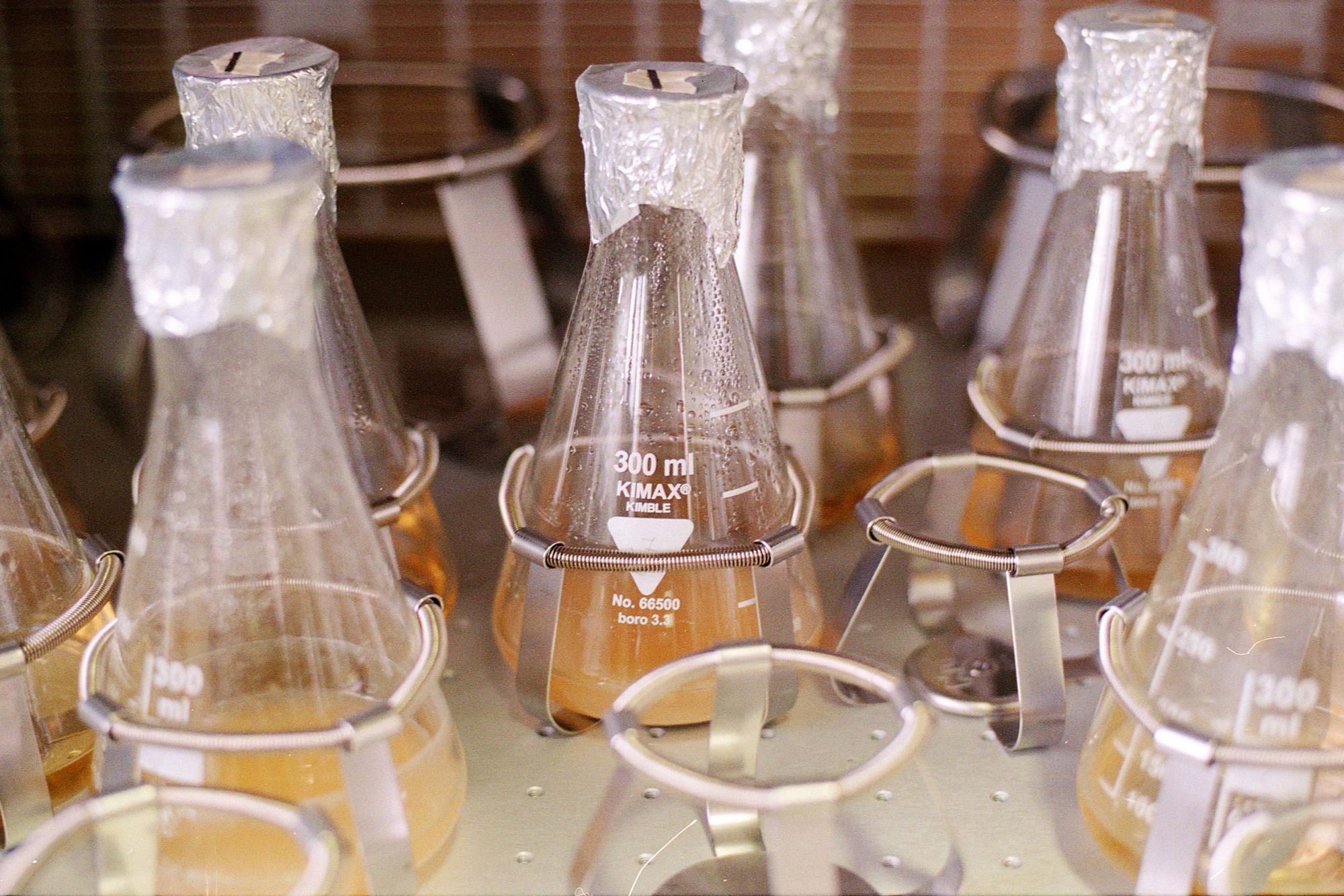Intensive farming can reduce the humus content of the soil by a third. The gut microbiota is responsible for human health in the same way as the soil bacteria contribute to the health of the soil, thus, to nutrient-rich and healthy plants, cereals, and vegetables—portrait of Phylazonit, the Hungarian pioneers of soil conservation.
Several interest groups are fighting for various climate and environmental protection purposes nowadays. Many of us are engaged in protecting pollinators, whales, or trees, which are tangible species that we know. Maybe you also support environmentalist movements, just like the article’s author. But have you ever thought of advocating for the protection of soil bacteria? No? It might sound incredible, but perhaps it would be the most important to fight for their preservation.
The gut microbiota is responsible for human health in the same way as soil bacteria contribute to the health of the soil, thus, to nutrient-rich and healthy plants, cereals, and vegetables. The antibiotic-depleted human body needs probiotics to function well again, just as the soil, weakened by fertilizers, herbicides, and pesticides, needs replenishment of beneficial bacteria to become fertile again.
Over the past fifty years, the overuse of fertilizers in intensive farming has reduced the topsoil by a third, killing the beneficial microorganisms in the soil and thus threatening to undermine agricultural productivity worldwide unless effective action is taken. While the population is growing significantly, food quality is deteriorating due to a decline in the crops’ nutritional value and toxin accumulation. This puts human health at risk.
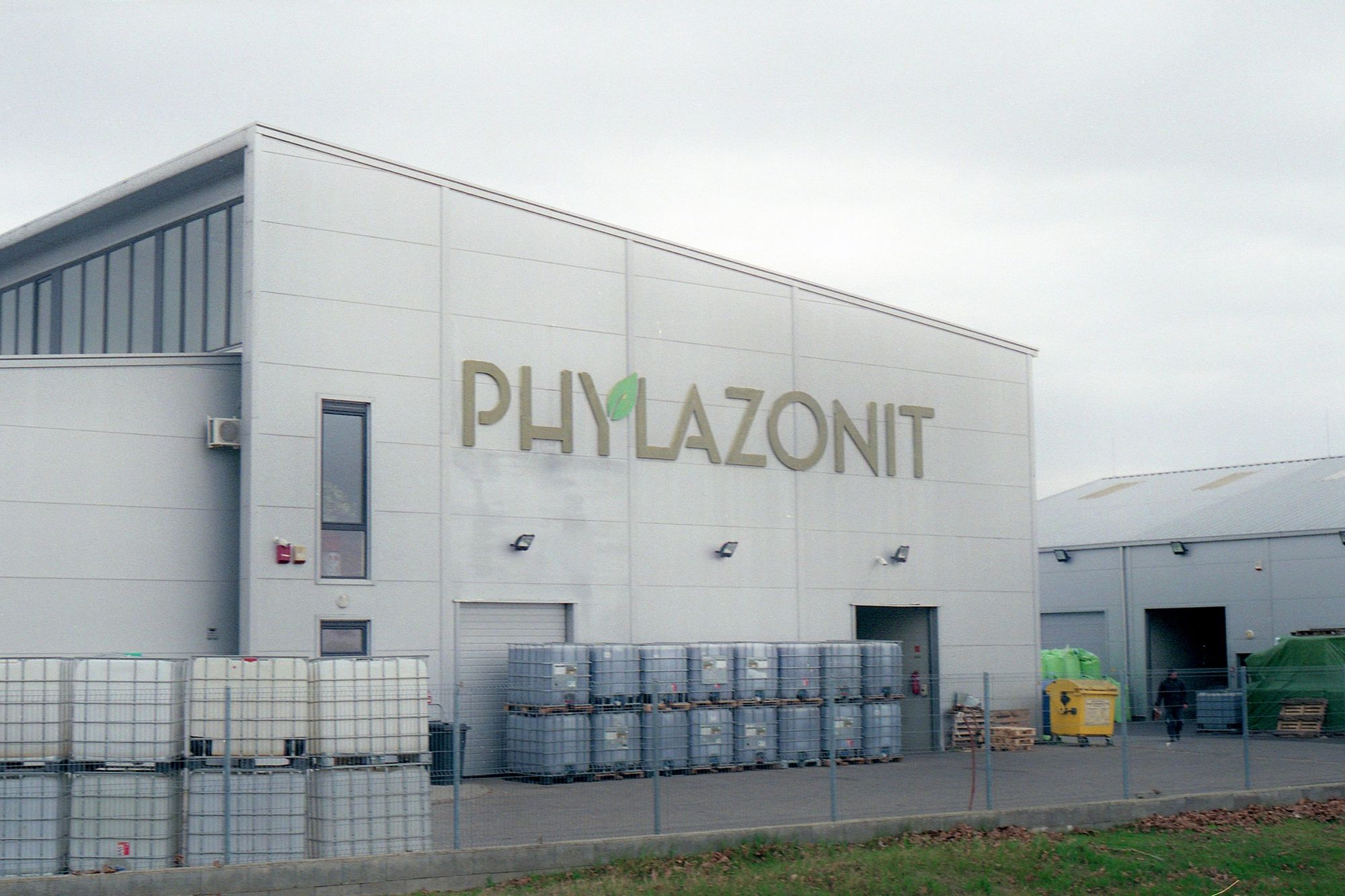
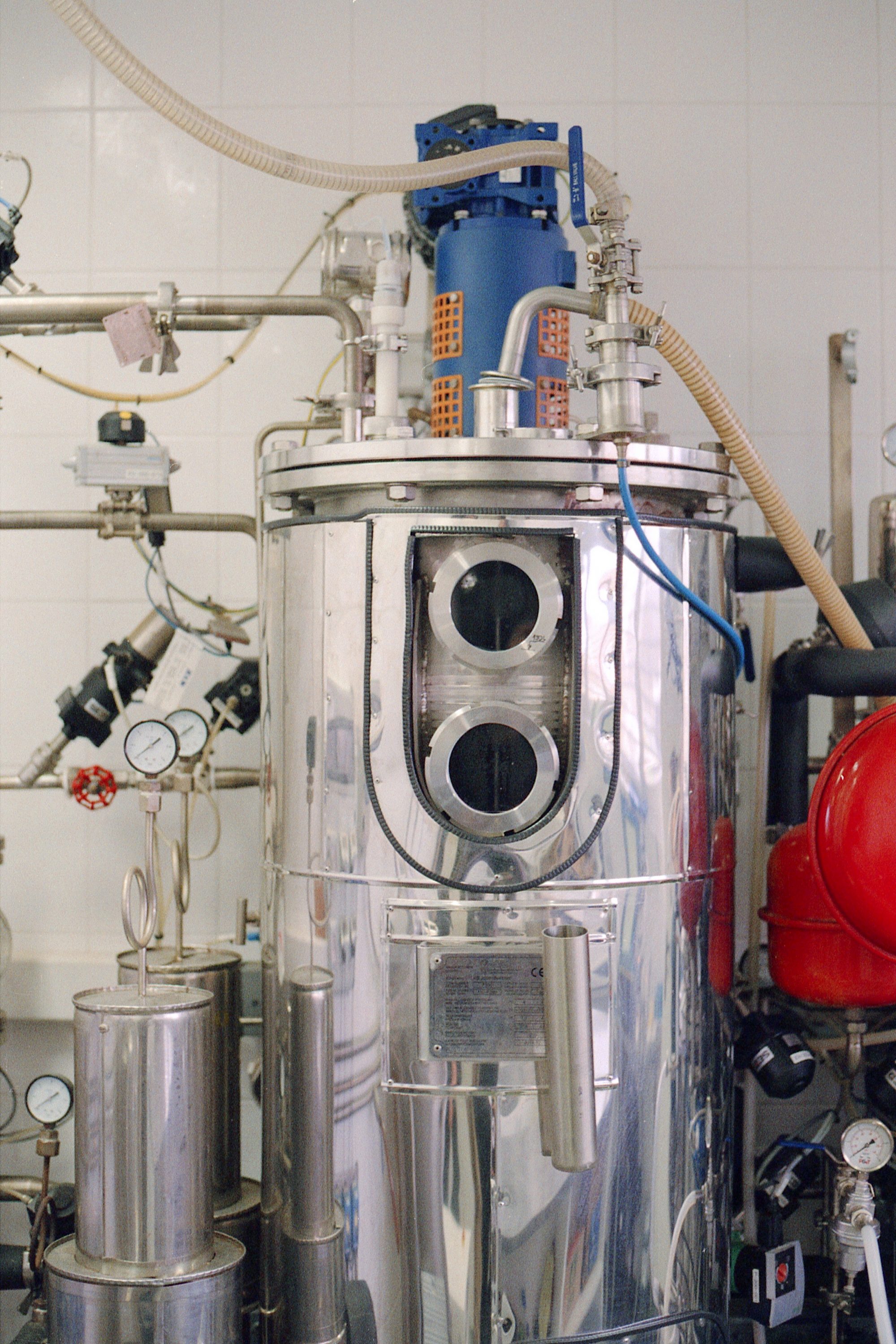
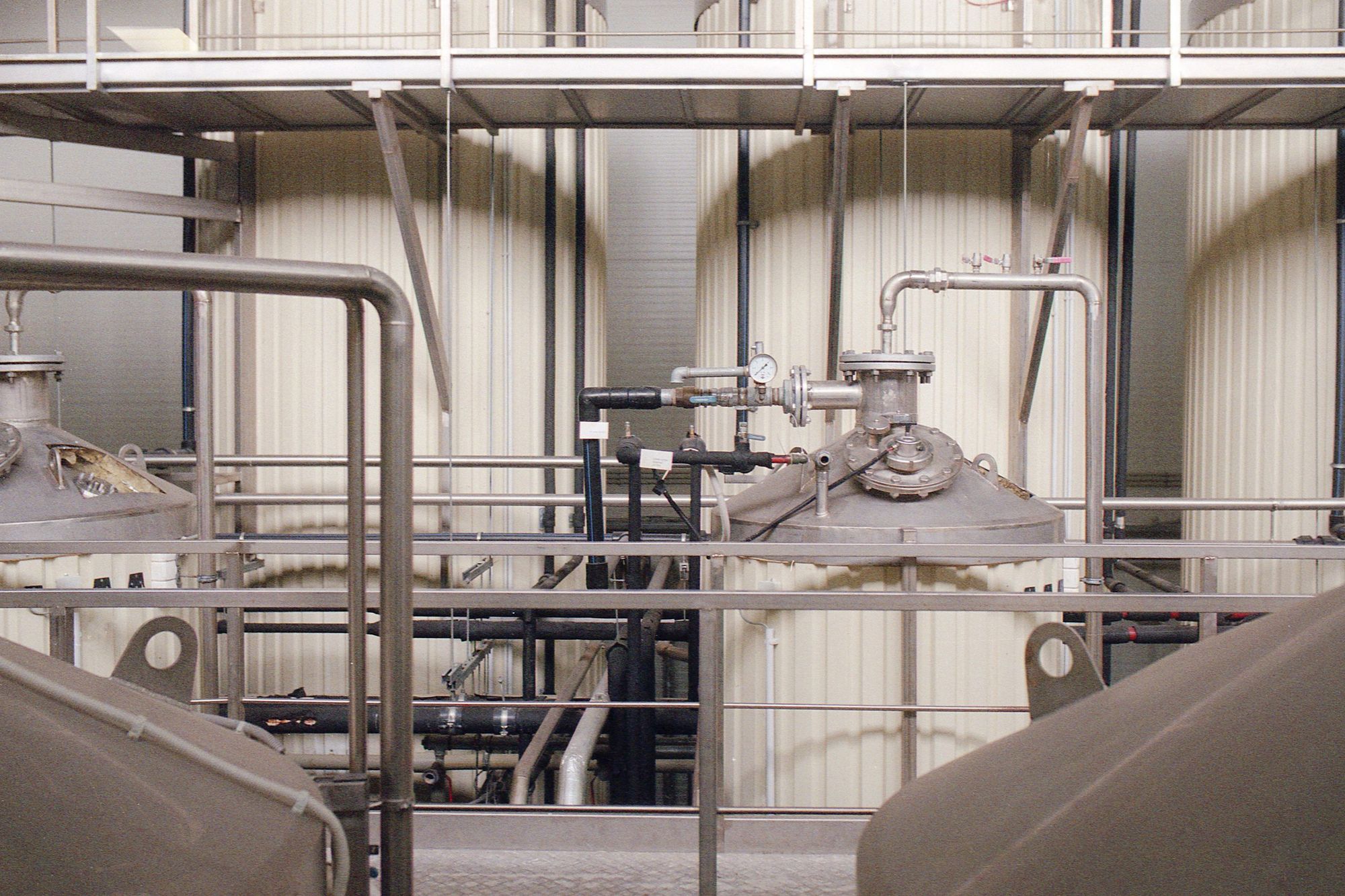
Péter Vajda, the founder of Agrova Ltd., has devoted his life and his knowledge to restoring soil health and fertility. He has been producing organic soil conditioners from soil bacteria for almost thirty years based on his own research, which restores soil fertility. Beneficial microorganisms are not only natural substitutes or catalysts for fertilizers, but they also stimulate plant growth, resulting in higher yields with less chemical use. They help the plants to grow a deeper root system with more branches, enabling them to absorb water from the deeper soil layers during the long periods of increasing droughts. Thanks to hormone production, they also positively affect the plants’ nutrient uptake, saving them the energy that can be used to increase the yield of wheat and maize. Nonetheless, unlike fertilizers, they are also beneficial for the soil. They break down plant residues, helping humus formation and improving the soil’s ability to hold water. Due to climate change, the latter is essential since most precipitation falls over shorter periods. Therefore, improved soil water retention has gained weight, which a compacted, poorly structured soil could not do, as precipitation runs off its surface. Moreover, Phylazonit’s bacteria products also prevent the fungal infection of the soil by taking away the habitat and nutrients of fungi. So, we can get high-quality and toxin-free crops without the need for harmful pesticides.
The company is devoted to soil conservation. Hungary is primarily an agricultural country, where excellent soil is crucial. What condition is the Hungarian soil in?
Hungary has high-quality soil by European standards indeed. Nonetheless, the loss of soil fertility is a global phenomenon in all countries with intensive crop farming, and our homeland is no exception. In the last fifty years, the topsoil and the soil’s humus content have decreased by thirty percent, a drastic deterioration. There are several reasons behind this, such as agrotechnical operations that do not care for the soil, excessive use of fertilizers, and the natural erosion amplified by human activity.
How can the Phylazonit soil bacteria products help in this situation? How do soil bacteria work? What can these tiny microorganisms do?
We make organic soil conditioners from soil bacteria based on thirty years of research. If used regularly, these products can significantly improve soil fertility over a few years. They help the plants to grow a deeper root system with more branches, enabling them to absorb water from the deeper soil layers during the long periods of increasing droughts. Thanks to hormone production, they also positively affect the plants’ nutrient uptake, saving them the energy that can be used to increase the yield of wheat and maize. Nonetheless, unlike fertilizers, they are also beneficial for the soil. They break down plant residues, help humus formation and improve the soil structure and its ability to hold water. Due to climate change, the latter is essential since most precipitation falls over shorter periods. Therefore, improved soil water retention has gained weight, which a compacted, poorly structured soil could not do, as precipitation runs off its surface, and the topsoil gets washed away.

Fertilizer prices are at record highs due to energy costs. The Russo-Ukrainian war intensifies the fertilizer crisis even further, drastically increasing food prices. To what extent can soil bacteria replace fertilizers?
The war made it essential to ensure food security in the EU, which is also crucial from the perspective of the global population growth. However, increased agricultural production resulted in a significant food deterioration and the nutritional decline of crops, thus providing fewer nutrients to the consumers, and putting human health at risk. Beneficial microorganisms are used on their own in organic farms, making them natural substitutes for fertilizers. They can also be used in industrial agriculture in combination with fertilizers, where they act as catalysts, ensuring the same or even higher yields with fewer chemicals. Therefore, many expensive fertilizers can be substituted, and soil fertility and structure will also improve. Phylazonit’s bacteria products also prevent the fungal infection of the soil by taking away the habitat and nutrients of fungi. So, we can get high-quality and toxin-free crops with high nutritional value but without the need for harmful pesticides. Farmers can save significant input costs with our bacteria products while maintaining yields and even improving the quality of their crops. Therefore, they can sell their products at a higher price.
But bacteria also need food, which means that some fertilizer is still needed. Or am I wrong, and is a sustainable, circular system possible?
Far more nutrients are spread in intensively cultivated agricultural areas than what the plants can absorb. In addition to these artificially added nutrients, the naturally recirculated nutrients are also accumulated in the soil since there is no soil life in the absence of beneficial microorganisms. Therefore, nutrients’ bound form cannot be transformed. Bacteria could remobilize them, converting them into an easily absorbable form. Furthermore, the bacteria help plants in fixing atmospheric nitrogen. So, they can take some of their needs from the air. A self-sustaining organic cycle can be achieved if bacterial remediation is combined with appropriate soil cultivation and the continuous recycling of plant residues. This means that fertilizers can be substituted entirely, as the bacteria can cover their own needs through a symbiotic relationship with the plants.
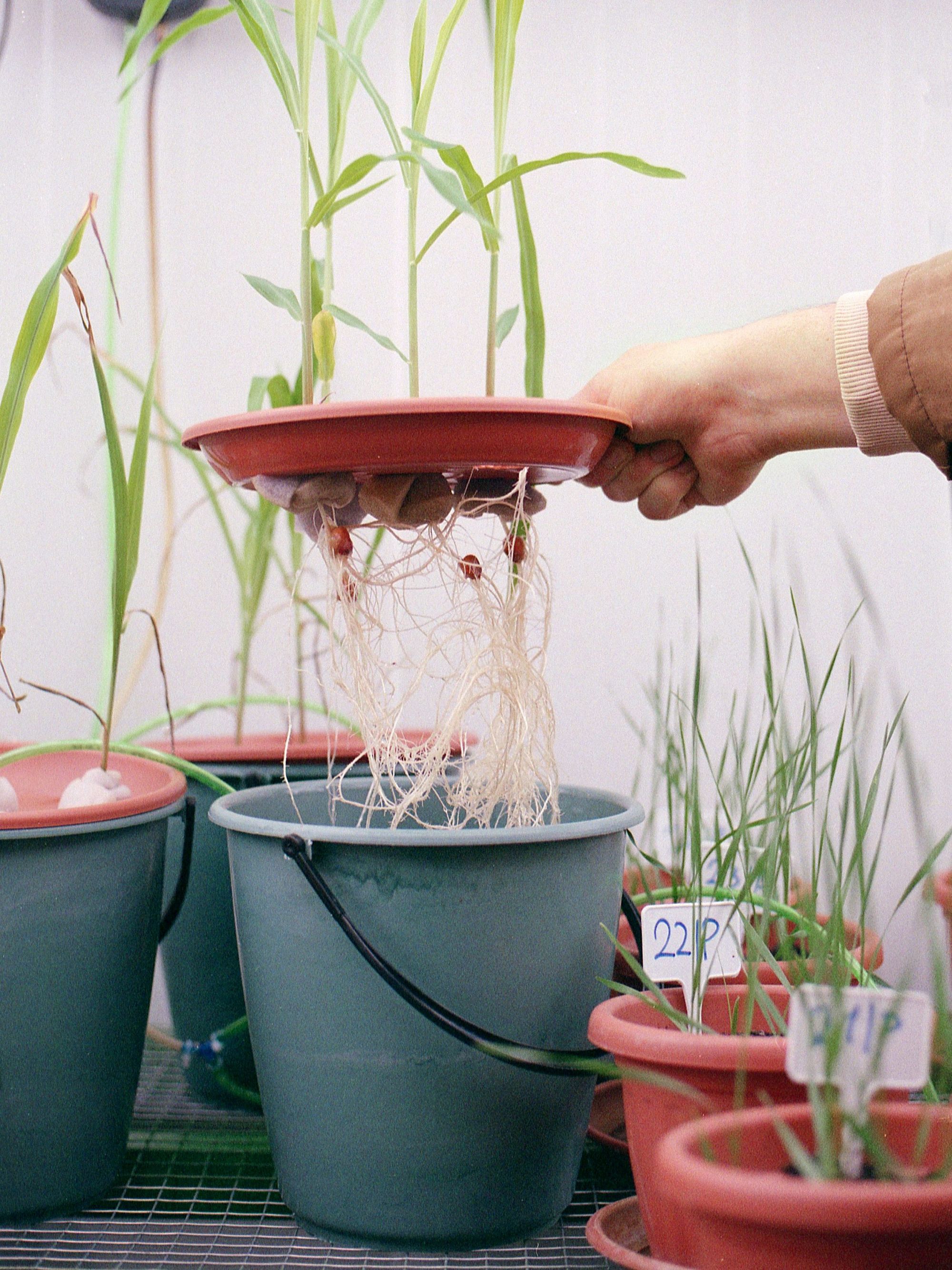
In response to farmers’ needs, the company continuously improves the bacteria products to include strains that are increasingly responsive to root growth and decomposition and have more effective antifungal effects. In addition to laboratory and field trials, Phylazonit also uses its unique phytotron plant growth chambers for better results. Phytotrons allow rapid, small-scale trials in pots to test the bacteria on various soil types and seeds while simulating different climatic conditions by controlling temperature, humidity, and UV radiation. This method enables the company to develop unique products not only for the domestic market but also for more distant regions with different climates, soils, and crops.
It is a huge issue in Hungarian agriculture that the farmers are not very open to innovations. How does the average Hungarian farmer feel about soil bacteria? To what extent and how can farmers be educated?
The farmers indeed tend to stick to old familiar practices even if there are better, newer solutions. This is mainly due to a lack of knowledge about soil. Our company invests a lot in informing the farming community. We explain microorganisms’ beneficial effects and functions in professional events, workshops, and online courses; we present the scientific results and the successful field experiments supporting them. We are constantly running field experiments, the tangible results of which are successfully convincing farmers about the efficacy of our bacteria products and serving as a reference for other farmers. We are also committed to educating the next generation, so we have written a textbook on soil life for higher and vocational education, which has been successfully used in everyday teaching for almost a year in several universities and vocational schools.
How strong is the international demand for this Hungarian product?
Fortunately, the European Union has recognized the urgency of the problem of soil degradation and significantly limited the use of fertilizers and pesticides in the new Common Agricultural Policy (CAP). This shift is also “helped” by skyrocketing fertilizer prices, which are encouraging farmers to look for alternatives to the use of chemicals. Our customer base is rapidly growing since our products are substitutes for fertilizer and effective against some plant diseases as well. In addition, consumer awareness, the demand for organic products and healthier crops with higher nutritional value, and the increasingly extreme weather events (concentrated precipitation, persistent droughts, extremely hot weather) also motivate farmers to change their attitudes. Our bacteria products help the soil retain more water and act as a form of insurance against weather shocks, helping to ensure stable, predictable yields even in extreme weather.
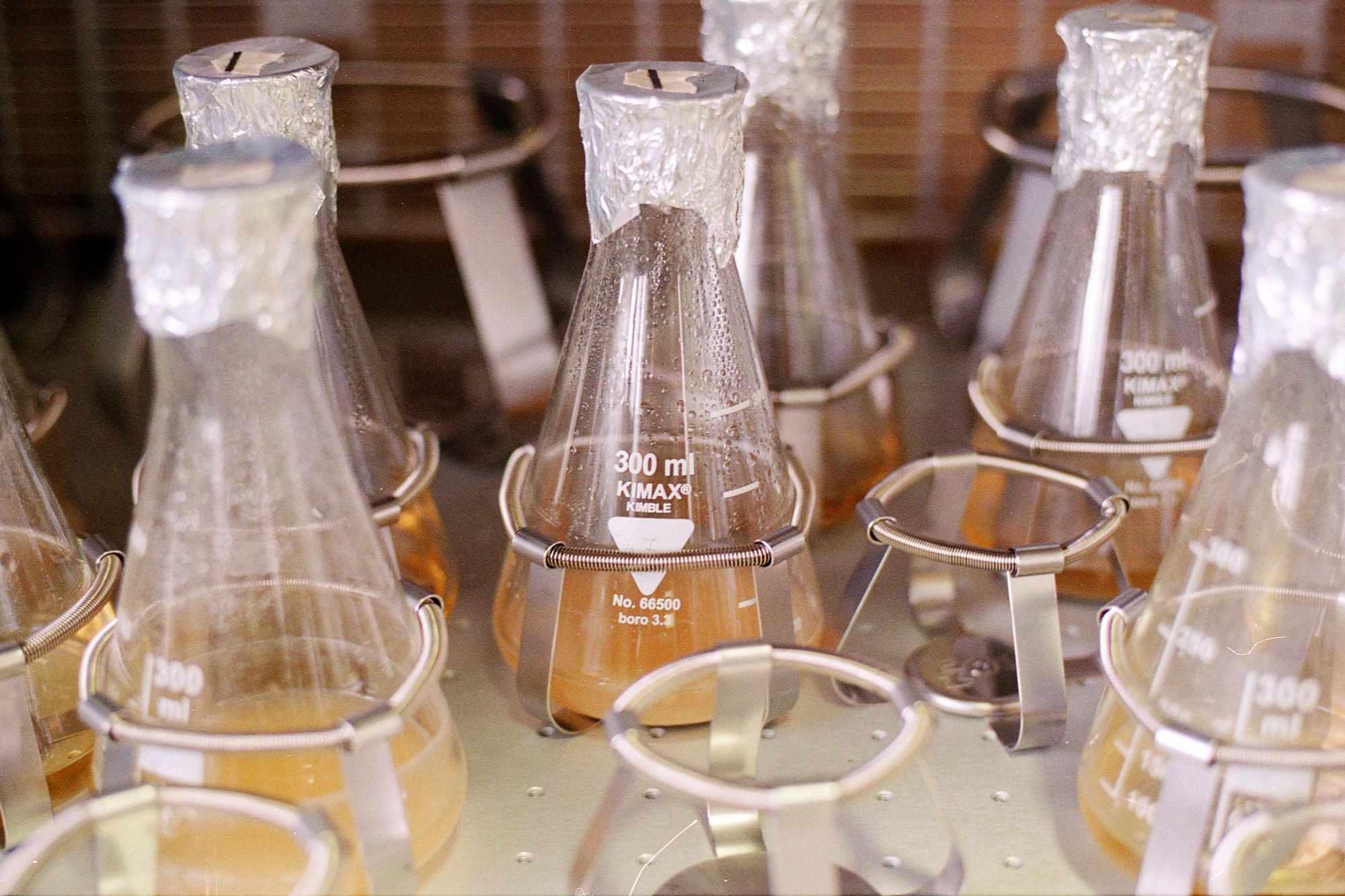
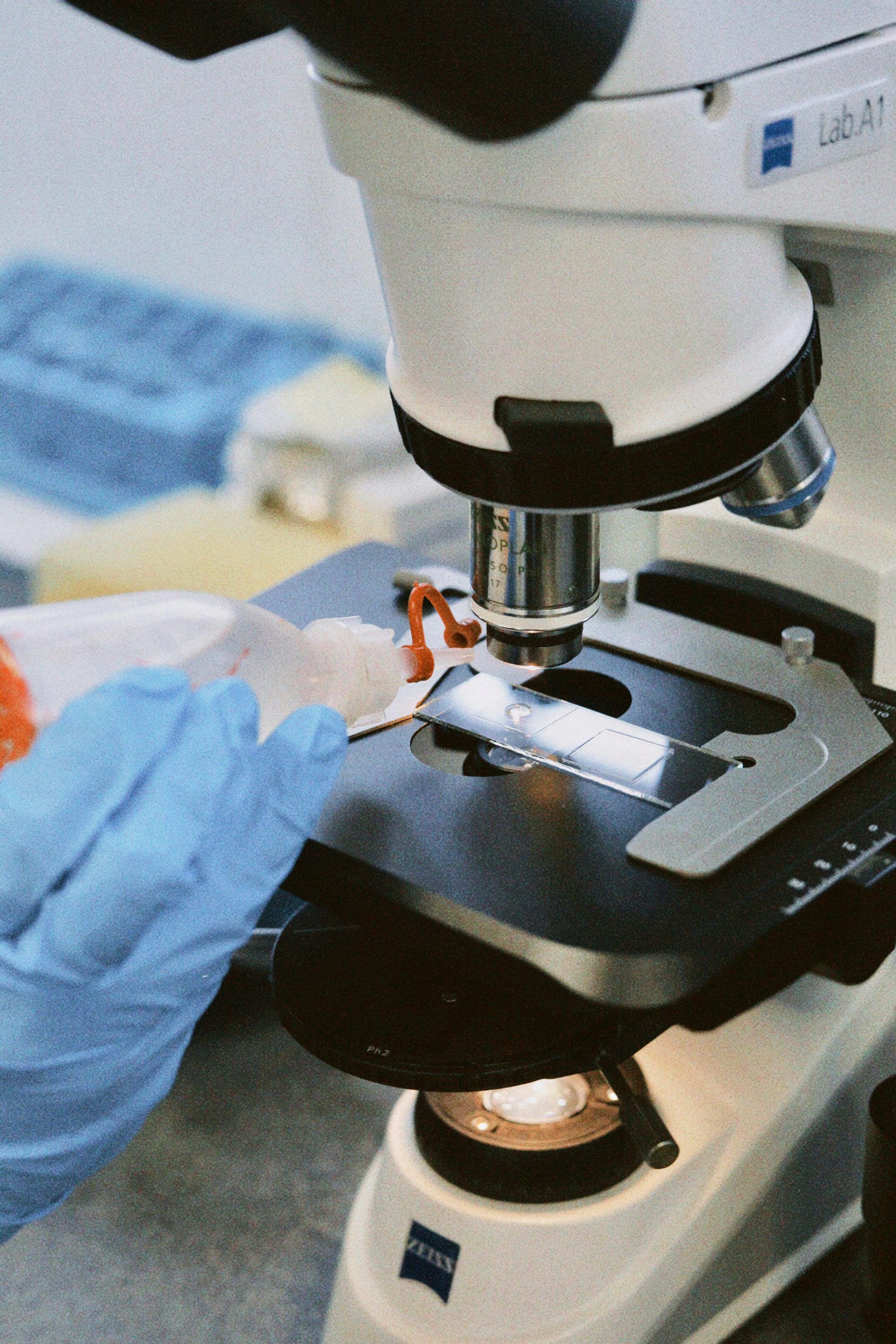
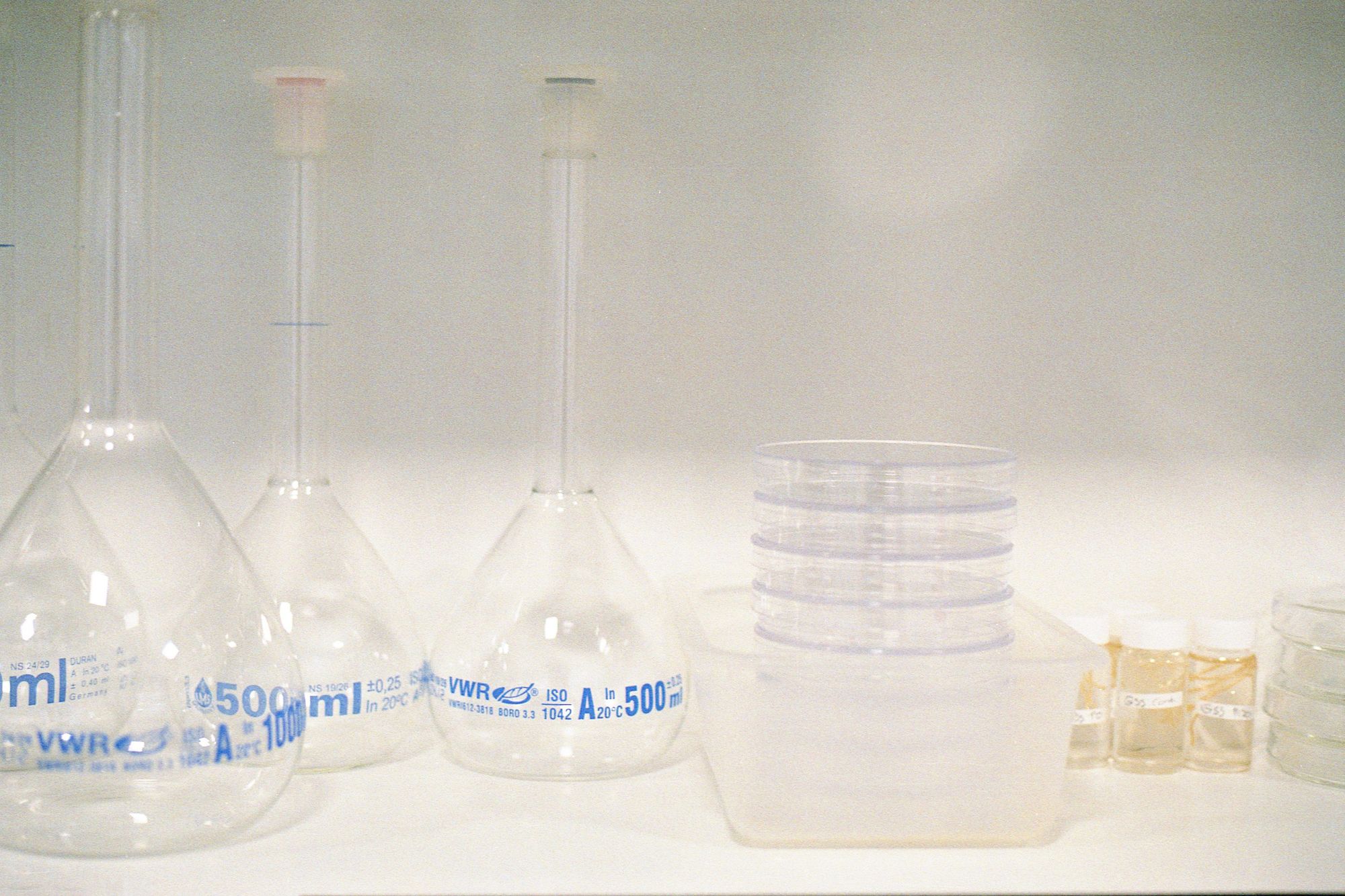

How do you see the Central and Eastern European markets? How open and how developed are they? What is the secret of a successful market entry and expansion strategy?
What I mentioned above also applies to other European countries. Similar products have been used for years in some countries, while people are barely aware of these alternative solutions in others, like Hungary. Farmers and distributors are becoming more open everywhere as we live in an unstable world. The production capacity of our factory is stable, and both the volume of production and the quality of our products are outstanding by European standards. Two factors essentially determine a successful market entry. Firstly, a marketable, high-quality, sustainable product. Secondly, a stable, reliable capacity for high-volume production which ensures that the company can always meet the demands of the foreign markets. We have both.
What cooperation opportunities do you see in Central and Eastern Europe? Can the links between the market actors be strengthened in a way that they support each other instead of competing as in the automotive industry?
We cooperate with a few European companies to purchase their raw material for our foliar feed. We aim to establish mutually beneficial, long-term partnerships with them, where both of us can expand the product portfolio with each other’s high-quality products.
Photo: Dániel Gaál | Hype&Hyper

Far East in Eastern Europe | Visiting Teavolution

These items fill even the most boring wardrobe with life!—The most stylish summer items of Ukrainian fashion brands










